Governance
The global spread of digital platforms and advanced technologies like AI has raised pressing governance questions. What can democratic societies do to ensure the responsible development and deployment of trustworthy AI? And what kind of coalitions and institutions will be required for democratic models of technology governance to take root globally?
Multilateral Coalitions and Technology Governance
Technology has become a defining faultline of geopolitical competition. As schisms over its development, deployment, and governance deepen, officials in Washington, Tokyo, Brussels, and elsewhere need to decide whether a grand technology alliance, or narrow coalitions targeted to specific technologies or policy issues would be best for outcompeting Beijing and Moscow’s authoritarian alternatives. What kind of coalitions, institutions, and approaches will be required for democratic models of technology governance to take root globally?
-
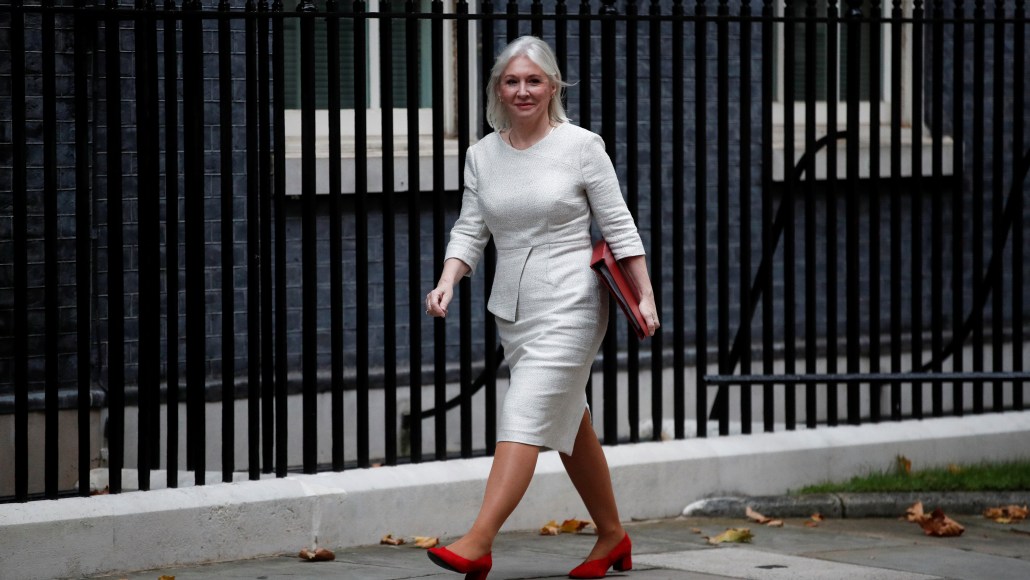 BlogWhy international cooperation matters in the development of artificial intelligence strategies
BlogWhy international cooperation matters in the development of artificial intelligence strategiesOver the past 18 months, the Forum for Cooperation on Artificial Intelligence has held 9 AI Dialogues, bringing together hundreds of participants, including officials from the UK, U.S., EU, Canada, the UK, Japan, Australia, and Singapore, along with leading experts from academia, the private sector, and civil society, Aaron Tielemans writes.
Authors
-
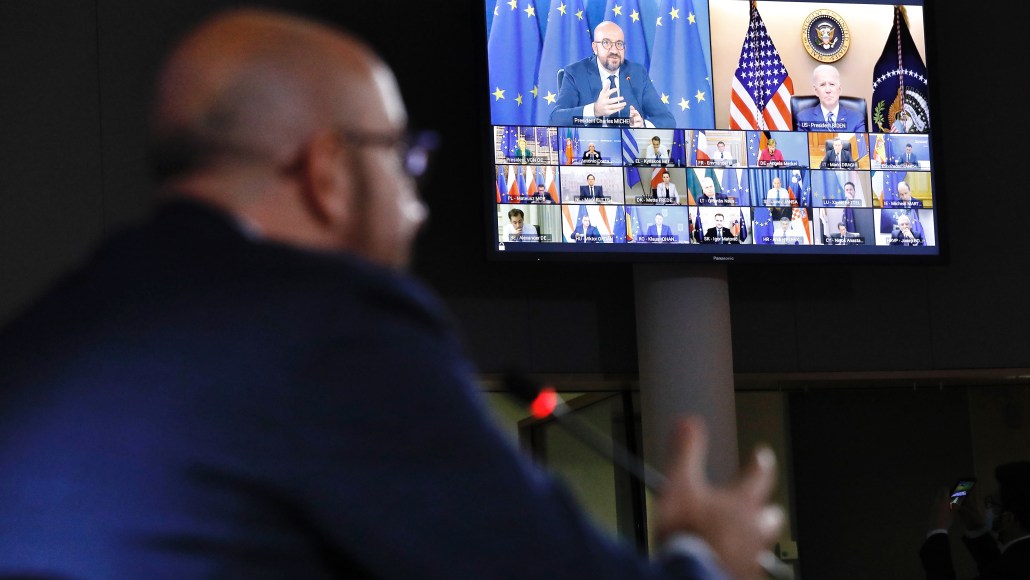 TechStreamUS and EU tech strategy aren’t as aligned as you think
TechStreamUS and EU tech strategy aren’t as aligned as you thinkThe United States and Europe are divided on their approach to internet governance, with troubling implications for the future openness of the web.
Authors
Platform Governance
The global spread of digital platforms has raised pressing governance questions on issues ranging from content moderation to data privacy. How can democratic governments regulate digital platforms responsibly and effectively?
-
 TechTankWhat U.S. policymakers can learn from the U.K.’s Online Safety Bill
TechTankWhat U.S. policymakers can learn from the U.K.’s Online Safety BillA U.K. legislative proposal aims to throw a regulatory net around social media companies and search engines while still preserving their role as public platforms for robust discussions of issues of public importance. U.S. policymakers can learn from this.
Authors
-
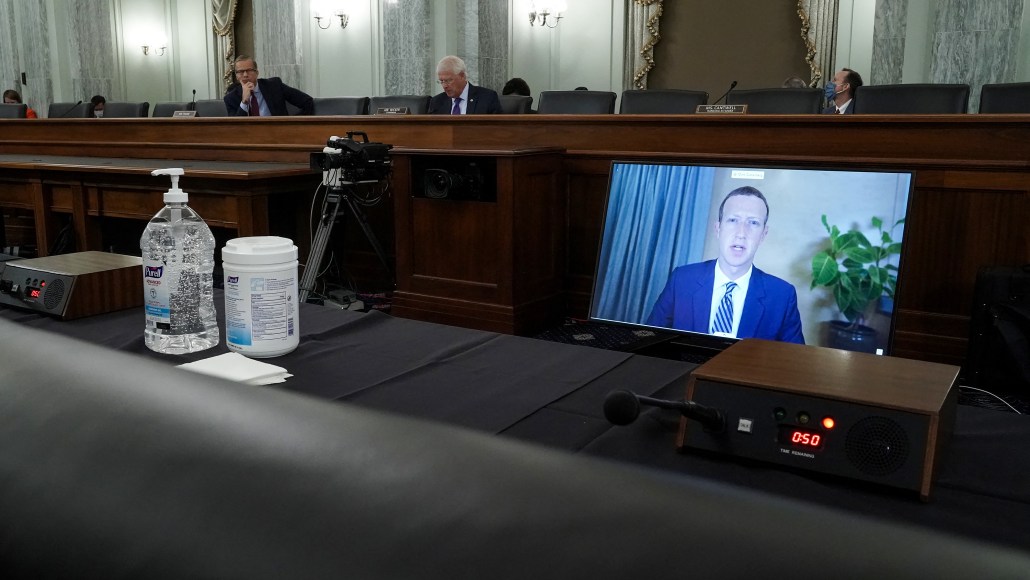 BlogSection 230 reform deserves careful and focused consideration
BlogSection 230 reform deserves careful and focused considerationImproving online content moderation will take a range of targeted measures from privacy legislation to competition enforcement, writes Cameron Kerry.
Authors
-
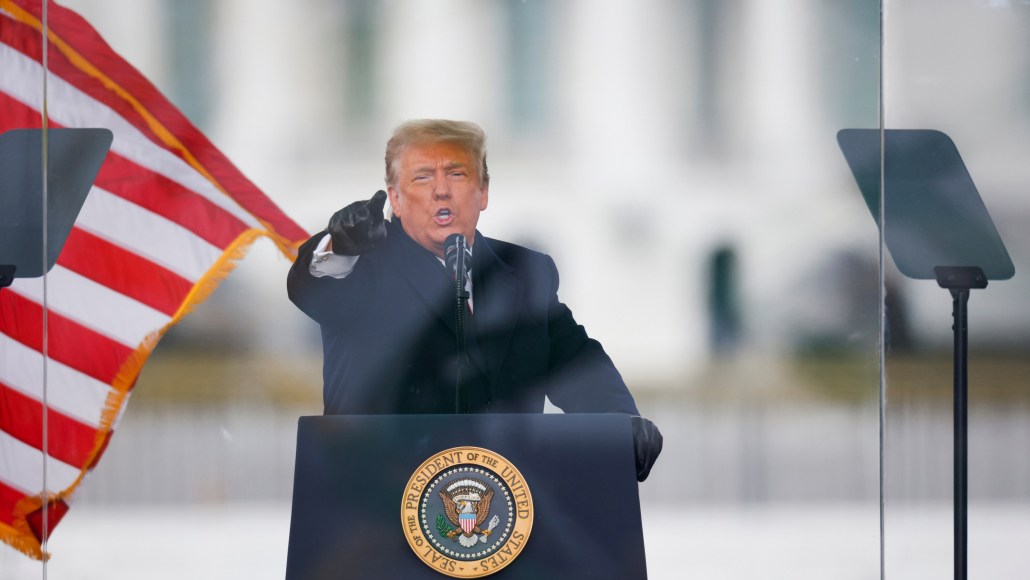 PodcastTechTank Podcast Episode 19: The Facebook Oversight Board’s decision on banning Trump
PodcastTechTank Podcast Episode 19: The Facebook Oversight Board’s decision on banning TrumpOn the TechTank Podcast, Darrell West speaks with Quinta Jurecic about the Facebook Oversight Board’s governance model and its decision on Trump.
Authors
-
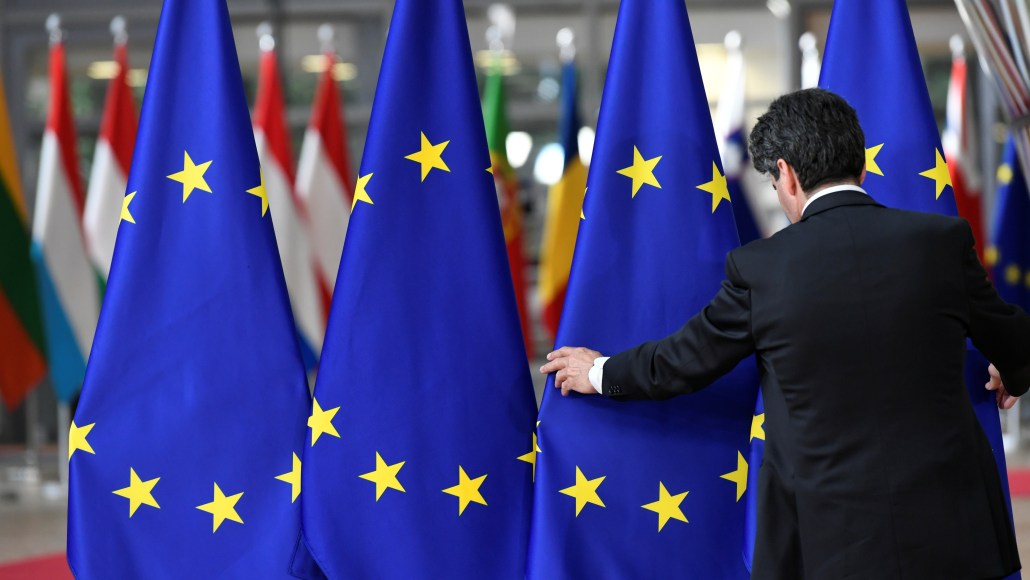 ReportThe oracle at Luxembourg: The EU Court of Justice judges the world on surveillance and privacy
ReportThe oracle at Luxembourg: The EU Court of Justice judges the world on surveillance and privacyCameron Kerry writes about how the invalidation of the EU-U.S. Privacy Shield Framework challenges data transfers outside EU borders.
Authors
-
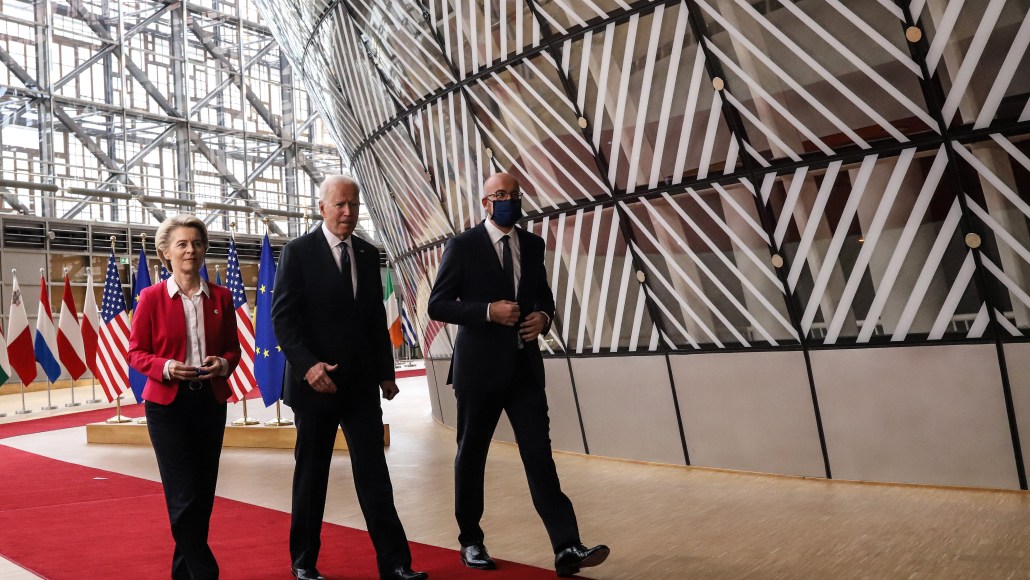 TechStreamAn agenda for US-EU cooperation on Big Tech regulation
TechStreamAn agenda for US-EU cooperation on Big Tech regulationThe EU-US Trade and Technology Council should be a catalyst for policy that works to govern the myriad information and content-related problems online and a venue for policymakers to answer pressing questions regarding how to regulate online ecosystems.
Authors
-
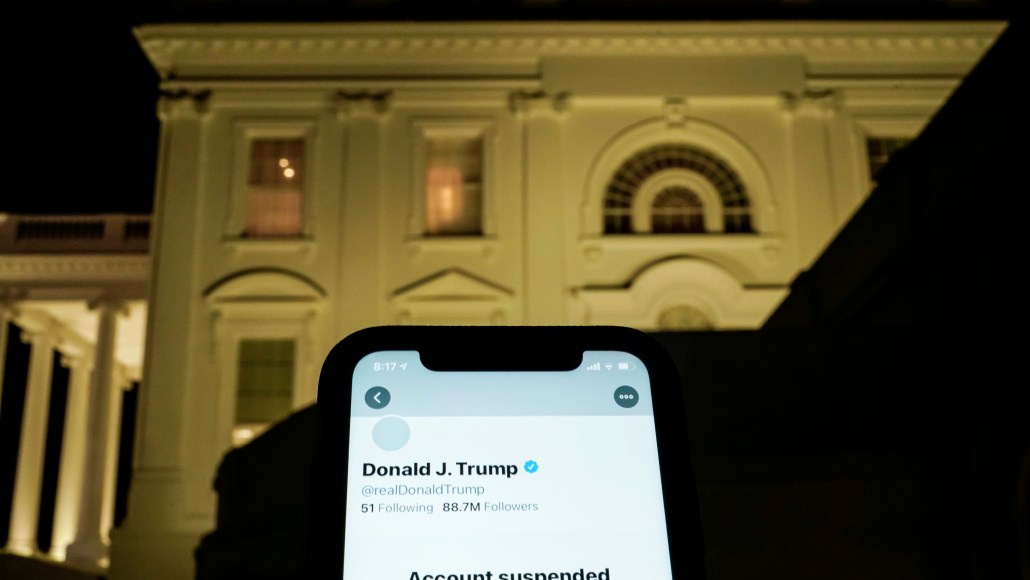 TechStreamWhat does the day after Section 230 reform look like?
TechStreamWhat does the day after Section 230 reform look like?Getting rid of Section 230 is a seemingly straightforward way to press platforms to more aggressively moderate content, but repeal is likely to cause significant disruptions in the short to medium term. In the long run, changes will be far less dramatic than either proponents or critics envision.
Authors
-
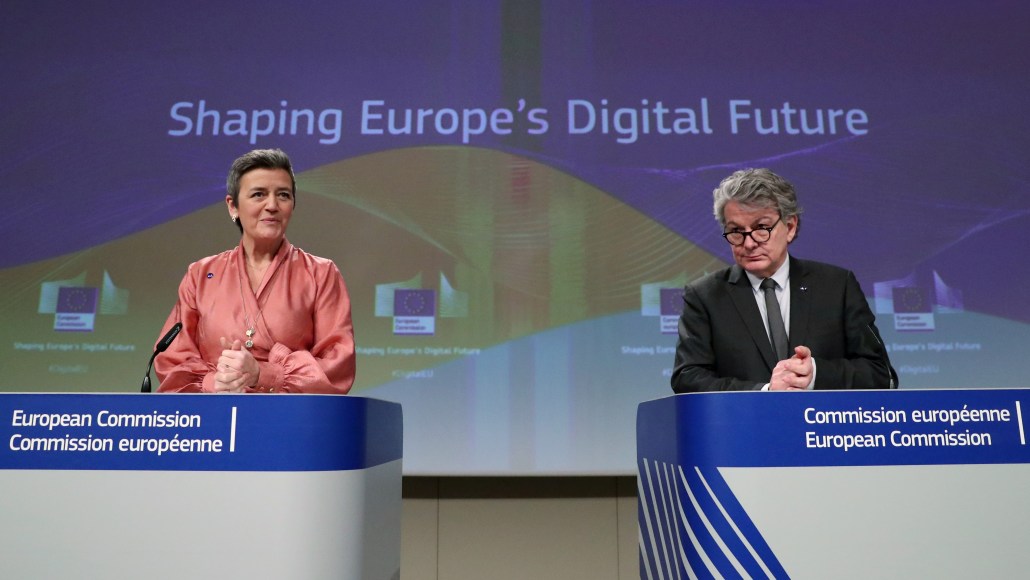 TechStreamWhat the European DSA and DMA proposals mean for online platforms
TechStreamWhat the European DSA and DMA proposals mean for online platformsThe Digital Markets Act and Digital Services Act represent a step toward rewriting the rules of the internet but could still be strengthened to make platforms more transparent.
Authors
Trustworthy AI
As AI becomes more powerful and widespread, democratic societies across the globe will need to ensure its development is consistent with democratic values and ethical norms. Achieving these goals will require cooperation among like-minded democracies toward common approaches to that can maximize economic and social opportunities of AI while addressing risks to society and individuals without either a race to the bottom or unnecessary barriers to trade and innovation.
-
 ReportThe European Union AI Act: Next steps and issues for building international cooperation in AI
ReportThe European Union AI Act: Next steps and issues for building international cooperation in AIJoshua P. Meltzer and Aaron Tielemans outline next steps for the EU's Artificial Intelligence Act and explain how it may affect international coordination on artificial intelligence.
Authors
-
 ReportStrengthening international cooperation on AI
ReportStrengthening international cooperation on AICameron F. Kerry, Joshua P. Meltzer, Andrea Renda, Alex Engler, and Rosanna Fanni examine how and why to step up international cooperation on artificial intelligence.
-
 ReportStrengthening international cooperation on artificial intelligence
ReportStrengthening international cooperation on artificial intelligenceJoshua P. Meltzer and Cameron F. Kerry explain how the Biden administration can strengthen international cooperation on artificial intelligence.
Authors
-
 PodcastProposals to meet global challenges in artificial intelligence and technology regulation
PodcastProposals to meet global challenges in artificial intelligence and technology regulationLandry Signé and Joshua Meltzer discuss their proposals for meeting global challenges in technology regulation and artificial intelligence governance.
Authors
-
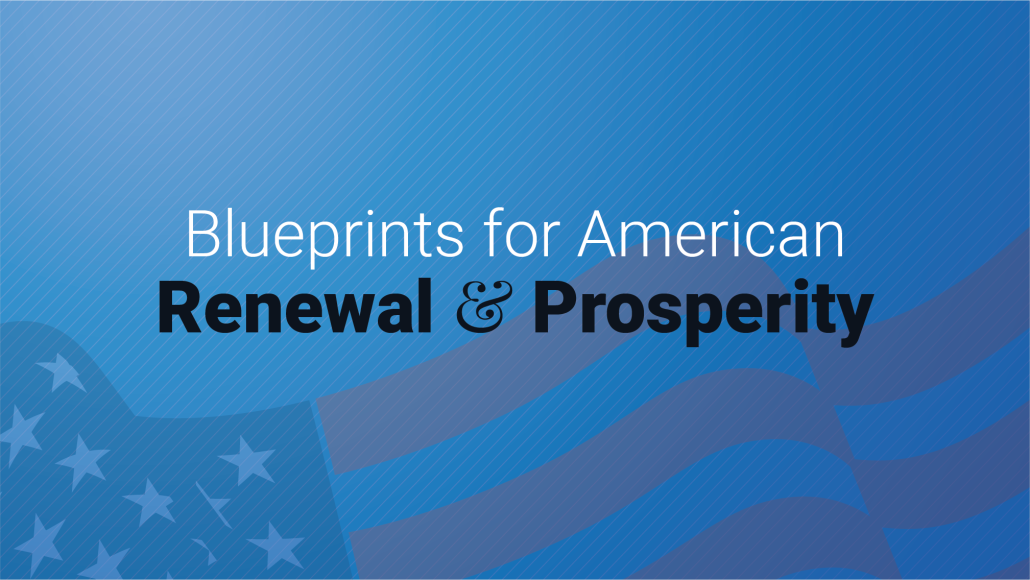 EventA conversation on international governance reform
EventA conversation on international governance reformThe fifth in a series of events from Brookings highlighting transformational ideas that comprise the Blueprints for American Renewal & Prosperity.
Information